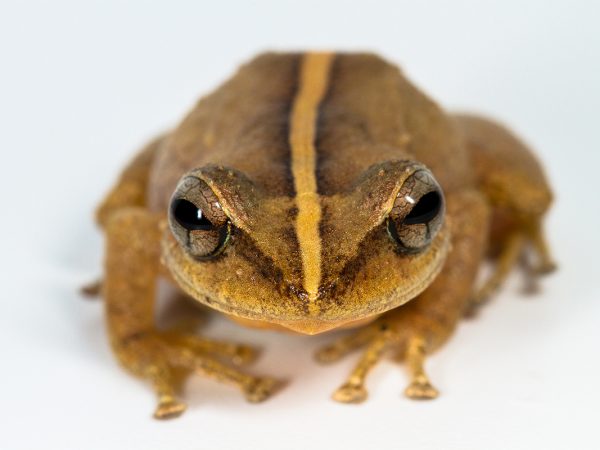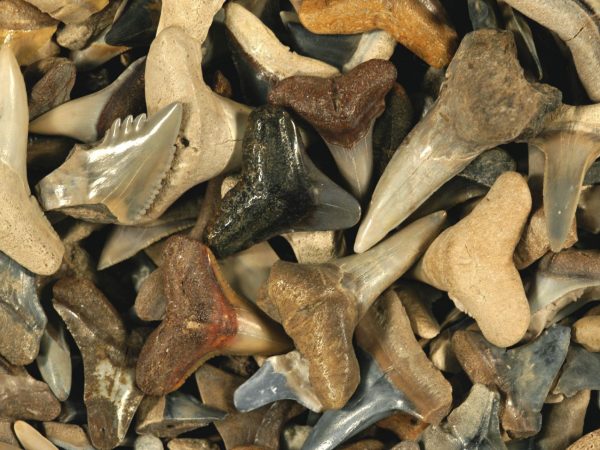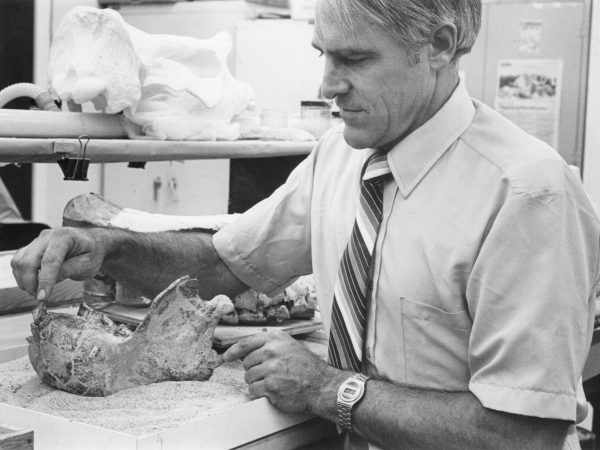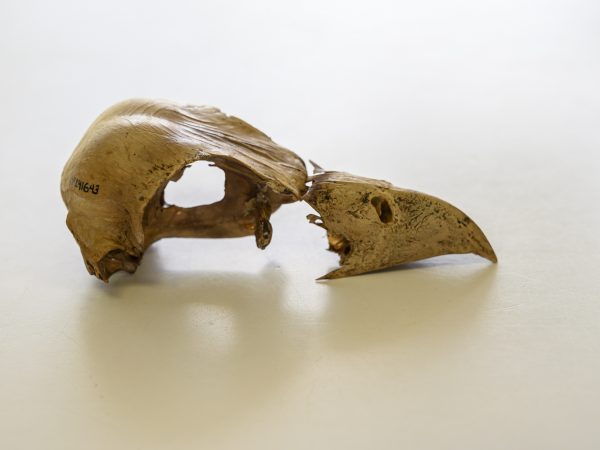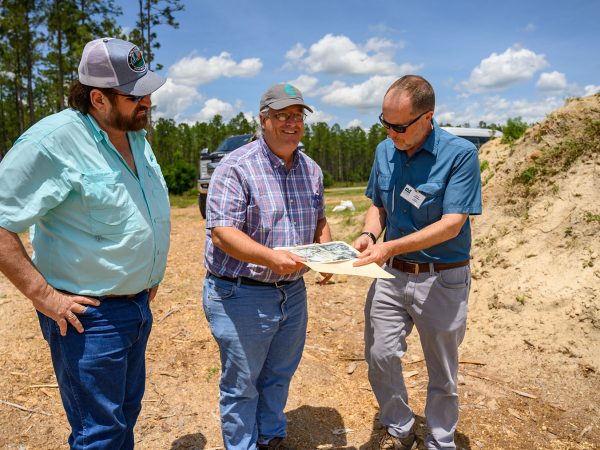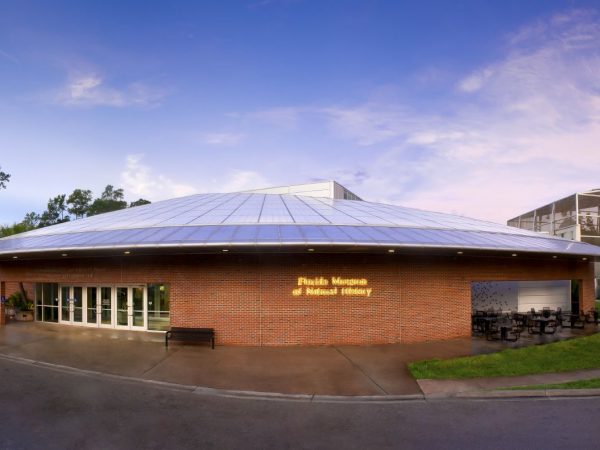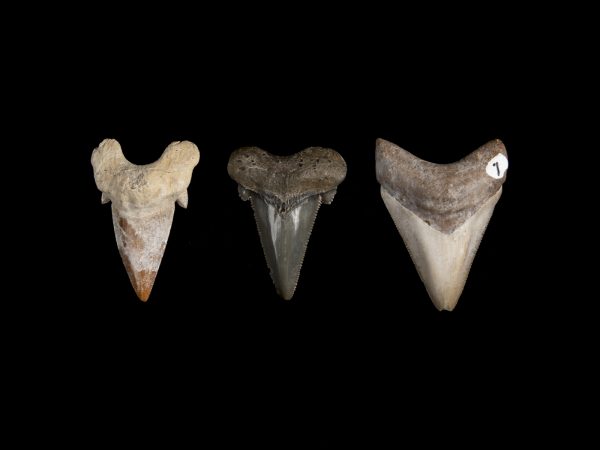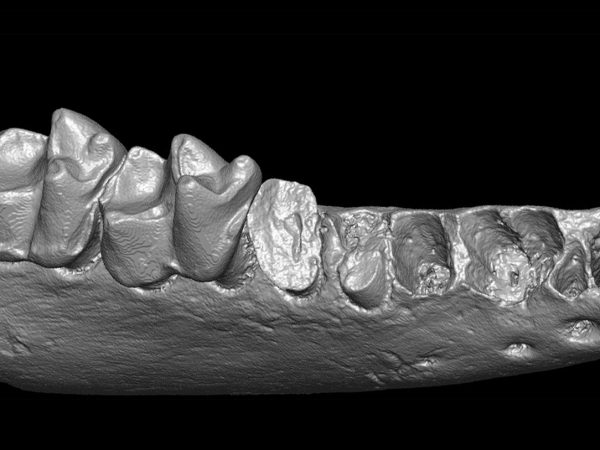Coquí fossil from Puerto Rico takes title of oldest Caribbean frog
The bright chirp of the coquí frog, the national symbol of Puerto Rico, has likely resounded through Caribbean forests for…
Read More
Are shark teeth fossils true fossils?
We get questions like this a lot. This question came by tweet. We turned to Richard Hulbert, Florida Museum’s vertebrate…
Read More
Remembering lifelong paleontology expert S. David Webb
The Florida Museum of Natural History is saddened to announce the death of S. David Webb, former distinguished research curator…
Read More
Extinct Caribbean bird yields DNA after 2,500 years in watery grave
Scientists have recovered the first genetic data from an extinct bird in the Caribbean, thanks to the remarkably preserved bones…
Read More
Why Science? Paleontology
Jonathan Bloch, a Curator of Vertebrate Paleontology at the Florida Museum of Natural History, explains how an early interest in…
Read More
Florida Museum students awarded NSF graduate fellowships
Three Florida Museum of Natural History doctoral students have been awarded National Science Foundation Graduate Research Fellowships, a competitive funding…
Read More
How megalodon’s teeth evolved into the ‘ultimate cutting tools’
Megalodon, the largest shark that ever lived, is known only from its gigantic bladelike teeth, which can be more than…
Read More
20-million-year-old tusked sea cow is Central America’s oldest marine mammal
Steven Manchester didn’t set out to discover Central America’s oldest known marine mammal. He was hoping to find fossil plants….
Read More
Bruce MacFadden named president of Paleontological Society
A Florida Museum of Natural History curator and distinguished professor has been elected to serve as the president of the…
Read More
Oldest-known ancestor of modern primates may have come from North America, not Asia
About 56 million years ago, on an Earth so warm that palm trees graced the Arctic Circle, a mouse-sized primate…
Read More
